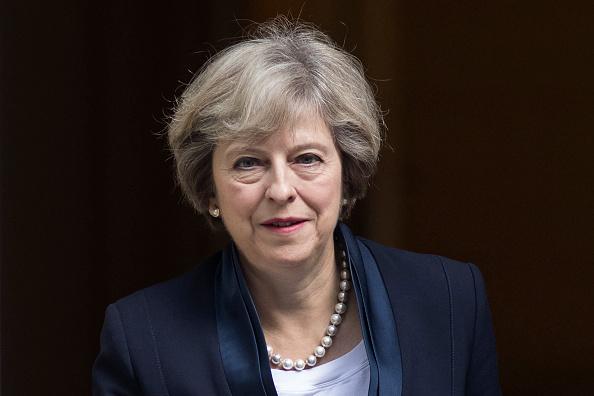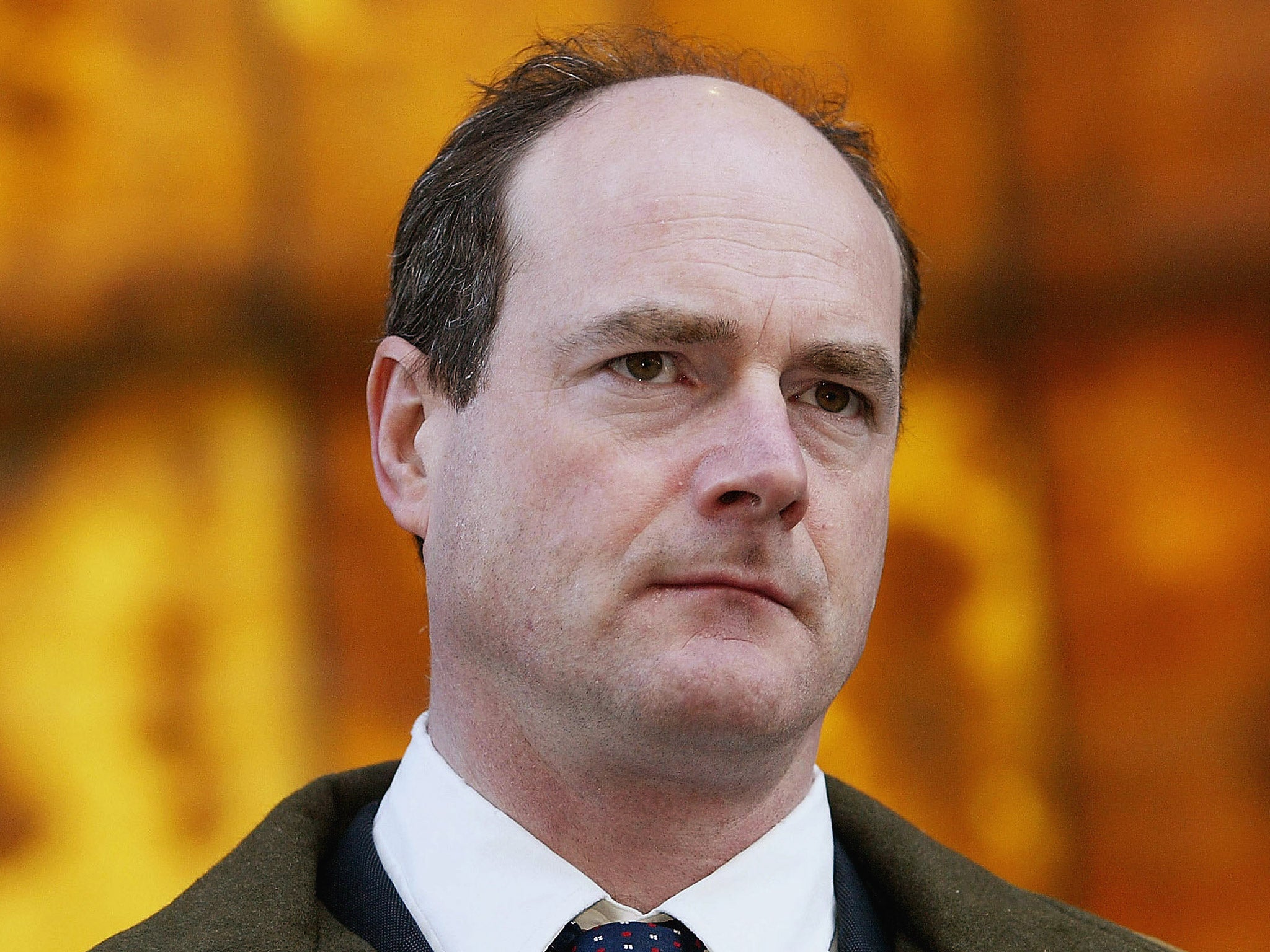Brexit could be halted after Government admits MPs likely to have final say
Parliamentary vote on final Brexit agreement hailed as 'victory' by pro-EU MPs

Your support helps us to tell the story
From reproductive rights to climate change to Big Tech, The Independent is on the ground when the story is developing. Whether it's investigating the financials of Elon Musk's pro-Trump PAC or producing our latest documentary, 'The A Word', which shines a light on the American women fighting for reproductive rights, we know how important it is to parse out the facts from the messaging.
At such a critical moment in US history, we need reporters on the ground. Your donation allows us to keep sending journalists to speak to both sides of the story.
The Independent is trusted by Americans across the entire political spectrum. And unlike many other quality news outlets, we choose not to lock Americans out of our reporting and analysis with paywalls. We believe quality journalism should be available to everyone, paid for by those who can afford it.
Your support makes all the difference.Parliament has the right to reject the final Brexit deal, No.10 has indicated for the first time – raising the possibility that Britain’s EU exit could yet be halted.
Downing Street agreed it is “very likely” that MPs and peers will be given a vote once the withdrawal negotiations are finished, after the issue arose in the High Court.
The statement – after the Prime Minister repeatedly refused to give ground on demands for Parliament to have a say on Brexit – immediately triggered furious debate about the possible consequences.
One senior pro-EU Conservative MP called it a “victory for all those who believe in the right of Parliament to represents the interests of our constituents”.
And the prospect of Parliament exerting some control over the final settlement caused the pound to surge immediately against the dollar in exchange markets.
The development came on the third day of the legal challenge against the Government’s separate refusal to give Parliament a vote before Article 50 is invoked.

James Eadie QC told the High Court that Parliament would have to ratify any package hammered out with Brussels – prompting Theresa May’s spokeswoman to say it was an “accurate reflection” of the Government’s interpretation of the law.
It raised the prospect, at the very least, that MPs and peers could amend the Brexit deal if they opposed key elements of the impact on trade, immigration or other areas.
However, it could also mean Britain tumbling out of the EU – probably in early 2019 – with no deal whatsoever.
Mr Carmichael, a supporter of the Open Britain campaign, which wants close economic ties with Europe, said a vote in two years’ time was no substitute for a say on the terms for starting the exit.
He said: “It’s an encouraging sign that the Government has agreed to give Parliament a say on the final terms of Brexit. But there must be a role of Parliament before the end of the negotiations.
“The best place to start would be for the Government to commit to a debate and a vote in the House of Commons on the Government’s principles for the upcoming negotiations before they trigger Article 50.”
For the Liberal Democrats, Foreign Affairs Spokesman Tom Brake said the final decision whether to approve a Brexit deal should be made by the public – in a second referendum.
He said: “It’s telling that it’s taken a court case to get the Government to finally admit it will give Parliament say on the Brexit deal.
“The Liberal Democrats will fight to ensure the British people are also given a say over the final deal to ensure it is right for them.”
The Government has insisted it would not be possible to slam the brakes on EU withdrawal after the two-year Article 50 notice is triggered, early next year.
But some leading lawyers have argued there is nothing in Article 50 to prevent the UK withdrawing its declaration that it intends to leave the EU, if it chose to do so.
And that possibility was raised recently that Donald Tusk, the President of the European Council, who suggested the UK could later “determine if Brexit is really in their interest”.

Gina Miller, a London businesswoman, is leading the High Court challenge, demanding that MPs be given a vote on the timing of the invoking of Article 50.
Government lawyers oppose the case, stressing that the Prime Minister is legally within her rights to go ahead with the formal process next March, using Royal Prerogative powers.
The Attorney General Jeremy Wright argued in court that the court challenge is an attempt to “invalidate” the public’s decision to quit the EU.
Three senior judges – the lord chief justice, Lord Thomas of Cwmgiedd, the master of the rolls, Sir Terence Etherton, and Lord Justice Sales – are hearing the case, which is certain to end up in the Supreme Court.
In the hearing, Mr Eadie said it was likely that Parliamentary scrutiny would include ratifying any new treaty reached with the EU during the Article 50 process.
He told the High Court: “The Government view, at the moment, is that it is very likely that any such agreement would be subject to ratification.”
David Davis, the Brexit Secretary, had previously acknowledged that Parliamentary approval was likely to be needed – when warning the House of Lords not to try to scupper Brexit – but Ms May had been silent.
Keir Starmer QC MP, Shadow Secretary of State for Exiting the EU, said: “The House of Commons needs to be involved in this process from start to finish. The issues involved are simply too important for the House of Commons to be side-lined until the end.
“A vote so late in the day would put MPs between a rock and a hard place. It would ask us to choose between a deal on the government's terms or leaving the European Union with no deal at all.
“That is an unacceptable position for us to be in.”
Join our commenting forum
Join thought-provoking conversations, follow other Independent readers and see their replies
Comments